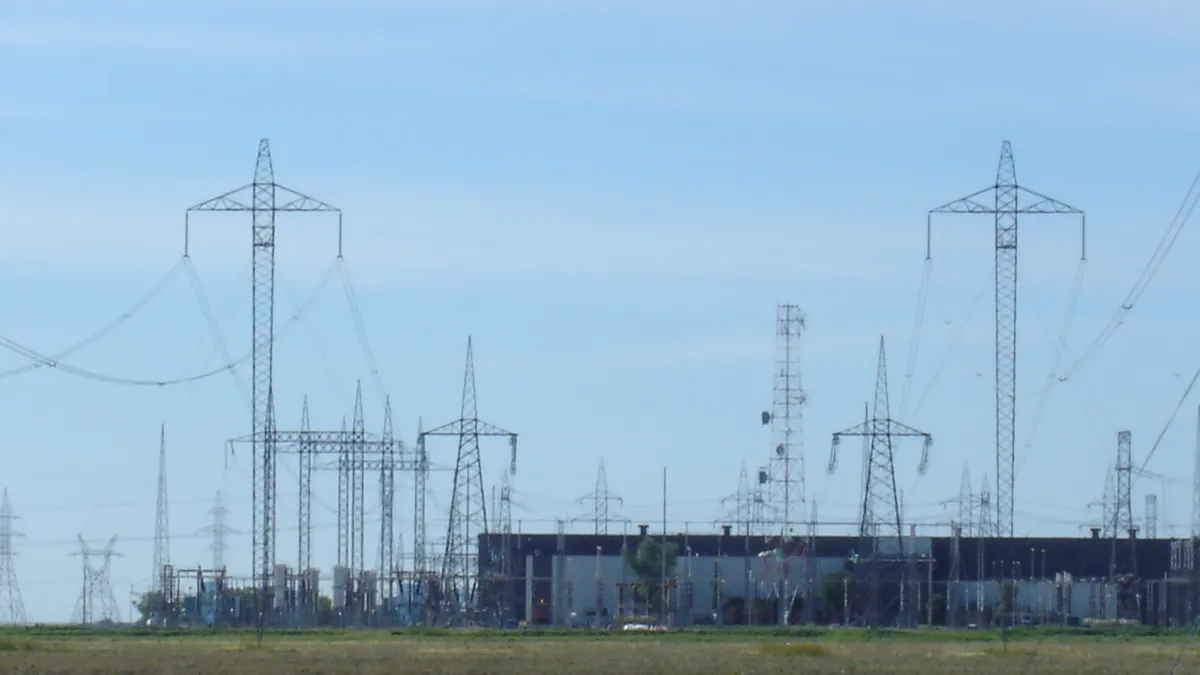Dive Brief:
- With the approval of state regulators, deregulated electricity suppliers in Connecticut are challenging the state procurement manager’s decision to allow Connecticut Light & Power (CL&P) and United Illuminating, the state's investor-owned utilities, to increase their standard offer supply (the amount of power they obtain without competitive bidding) from 20% to 30%.
- The Connecticut Public Utilities Regulatory Authority (PURA) approved the increase in the standard offer supply because there was a delay in standard offer bids by Connecticut utilities in reaction to a state legislature bill. Had the legislation passed, it would have auctioned off all standard-offer load to third-party suppliers.
- The utilities held off on bidding on the expectation that uncertainty would add a high risk premium to their bids for standard offer supply and increase the price of electricity to customers not electing to buy from competitive retail suppliers in the deregulated market.
Dive Insight:
CL&P has not reverted from 30% to 20% and Connecticut’s Retail Energy Supply Association (RESA) asserts that this change was imposed without a proper regulatory proceeding and that the procurement manager failed to show the plan would reduce standard-offer costs and power price volatility.
The procurement manager has proposed that CL&P make public the prices paid to ISO-New England for power but RESA claims all CL&P contract information has to be available under the Freedom of Information Act.
The New England Power Generators Association (NEPGA) said the increased standard offer supply undercuts competitive electricity markets, harming ratepayers.
CL&P and United Illuminating argue that utility purchasing strategies are confidential and the procurement manager should have flexibility in contract decisions in order to respond to volatile wholesale market conditions.














